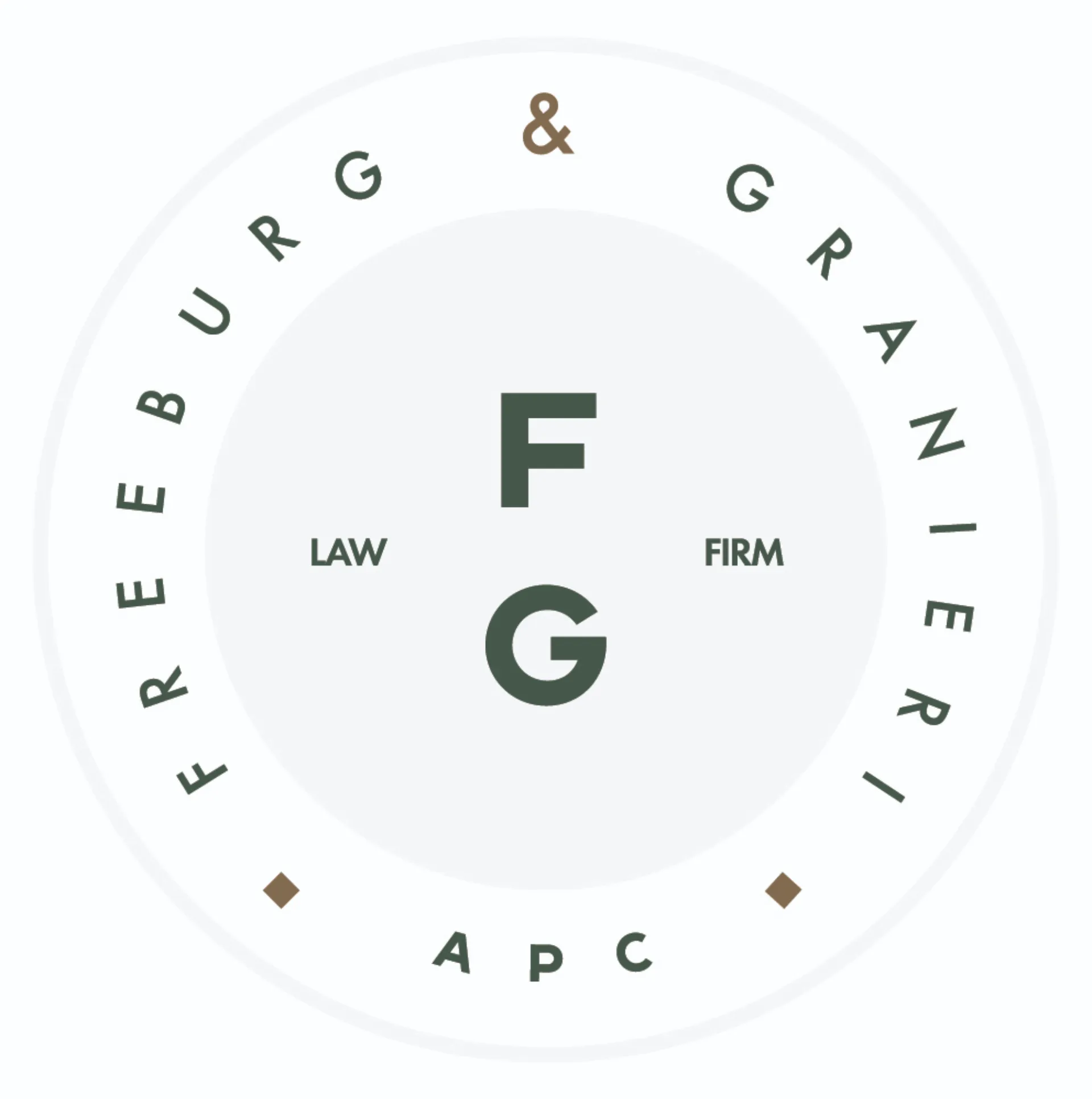
Constructive discharge is a type of termination that occurs when an employee is forced to resign due to intolerable working conditions created by their employer.
This type of termination is often considered a form of wrongful termination and can lead to legal action.
In this article, we will delve into constructive discharge, its legal implications, and how both employees and employers can handle the situation to avoid legal consequences.
Constructive discharge is a legal term used to describe an employee who feels compelled to resign due to the intolerable working conditions created by their employer.
The concept of constructive discharge is based on the principle that an employee should not be forced to work in conditions that are so intolerable that they are forced to quit.
Employers who create these working conditions can be liable for wrongful termination.
To be considered constructive discharge, the workplace conditions must be so intolerable that a reasonable person in the same position would feel compelled to resign.
These conditions may include harassment, discrimination, retaliation, or other types of mistreatment. In addition, the employee must have resigned due to these conditions, and the employer must have known or should have known about them.
Recognizing constructive discharge can be challenging, as it often occurs gradually over time and may not be immediately apparent.
However, several signs may indicate that an employee is experiencing constructive discharge. These signs may include a sudden change in behavior or performance, a reduction in job responsibilities or hours, or a significant increase in workload or pressure.
In addition, employees experiencing constructive discharge may become increasingly frustrated or unhappy with their job, miss work or arrive late, or become more withdrawn or isolated from their coworkers.
If you notice any of these signs in yourself or a coworker, it may be a sign that constructive discharge is occurring.

Constructive discharge can occur in various situations, including when an employee is subjected to harassment, discrimination, retaliation, or other mistreatment.
For example, an employee who is repeatedly subjected to sexual harassment by a coworker or supervisor may feel compelled to resign from their job due to the intolerable working conditions.
Similarly, an employee repeatedly passed over for promotions or given less desirable work assignments due to their race, gender, or another protected characteristic may also feel pressured to resign due to the intolerable working conditions.
In addition, employees subjected to retaliation for reporting illegal or unethical behavior may also feel pressed to leave their job.
Constructive discharge is illegal under federal and state law and is considered a form of wrongful termination.
Employers who create intolerable working conditions that lead to constructive discharge can be held liable for damages, including lost wages, emotional distress, and other damages.
In addition, employers who engage in constructive discharge may also be subject to legal action by government agencies, such as the Equal Employment Opportunity Commission (EEOC) or the Department of Labor.
These agencies may investigate claims of constructive discharge and take legal action against employers who are found to violate the law.
Preventing constructive discharge in the workplace requires a proactive approach by employers and employees.
Employers should create a safe and respectful work environment free from harassment, discrimination, and retaliation.
This may include developing and enforcing policies that prohibit these types of behavior, training employees and supervisors, and taking prompt and appropriate action when complaints are raised.
In addition, employers should be aware of the signs of constructive discharge and take steps to address any issues that may arise.
This may include conducting regular employee surveys or focus groups to gather feedback on the workplace environment, addressing employee concerns promptly and effectively, and providing support and resources to employees experiencing stress or other issues.
Employees who experience constructive discharge can take legal action against their employer. This may include filing a complaint with the EEOC or filing a lawsuit in state or federal court. Employees who are successful in their legal action may be entitled to damages, including lost wages, emotional distress, and other damages.
In addition, employees who experience constructive discharge may be entitled to unemployment benefits, depending on the circumstances of their resignation. Employees who resign due to intolerable working conditions may be eligible for unemployment benefits, even if they resign voluntarily.
At Freeburg & Granieri APC, we understand everyone should receive quality legal help when needed.
That’s why our team of experienced attorneys is dedicated to providing personalized service to individuals, businesses, and families in the greater California area.
We specialize in various areas, including employment law, personal injury, employer advice and counseling, and business litigation.
We have years of expertise in these fields and are well-equipped to handle your legal matter efficiently and effectively.
We are committed to helping our clients navigate their legal matters. We strive to provide the highest level of service to help protect our clients' rights. We understand these matters can be complex and time-consuming, so we do our best to provide excellent advice and representation.
At Freeburg & Granieri APC, we understand the importance of communication. We strive to stay in contact with our clients throughout the legal process and promptly respond to any questions or concerns. We are passionate about helping our clients achieve their legal goals.
If you are looking for experienced legal representation in employment law, personal injury, or business litigation, contact us at Freeburg & Granieri APC.
Our attorneys are ready to work on your case and provide the legal support you need.
Constructive discharge is a major problem that may have substantial legal and financial ramifications for companies.
Employers must take proactive actions to avoid constructive discharge in the workplace, including fostering a safe and respected work environment, giving training to workers and supervisors, and responding quickly and appropriately to concerns.
Employees subjected to constructive discharge have the right to sue their employer and should seek the assistance of an expert employment law attorney if they think they were unlawfully dismissed.
Our clients become friends, confidants, and repeat customers. Former clients are our best referral source.
Do not be a commodity, find an attorney who treats your legal issue with the care it deserves.
